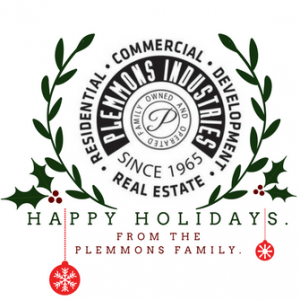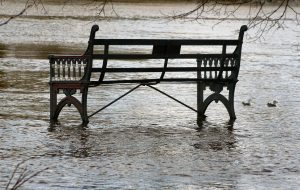Winter is Here.

When it comes to renting Commercial Real Estate, it’s safe to say we know a thing or two.
2018 is nearly upon us, that means we are in the middle of prime moving season. For commercial and residential alike.
Moving during winter is advantageous from a financial and customer service viewpoint. On top of getting more personal attention from leasing agents, you can also find yourself in the position to get some good deals.
That is, as long as you are ready to pull the trigger.
How to save a few bucks when renting
As with most negotiations, if you play your cards right you can save a substantial amount of money renting real estate.
Here are some professional tips:
- Know your number – Arrive to a showing appointment knowing how much you can spend on a space. Never start negotiations without a number in your mind.
- Know your agent/landlord – You want to work with someone who has been a part of the team for a long time. Those are the ones that can give you a deal since they know their way around the business. If you get the vibe that you need someone more experienced, there is no shame in asking for exactly that.
- Referrals – Tell them how you found them. Most companies will have some sort of kickback to you and whomever got you interested in the space.
- A penny saved is a penny earned – Do not underestimate small savings. Fifty bucks here, seventy-five there, it all adds up. For example:
- Application Fee: $50 If you seem like a serious client, most companies will consider waiving this.
- Free Week: Offer to move in around the 20th. You may find them willing to allow you to start moving in but start paying in the new month. Potential to be moved in and operational before you are paying rent. This can be hundreds if not thousands of dollars saved.
- Ask if there are any “B-Level” units: Maybe there are more puddles in that part of the parking lot, the view is of a railroad or neighboring building, the electrical room is nearby, etc. If you are willing to compromise on small things, they may have a space that is otherwise identical for significantly cheaper. This could be result in thousands of dollars saved a year.
- Know the company – Coming across as knowledgeable about the company you are negotiating with can go a long ways. It shows you are dedicated to getting a space if you put the time in researching.
- Make. An. Appointment. – This is less a stickler for us than other companies. Regardless, to ensure you get the best experience from the most capable leasing agent, make an appointment. Also, it is the polite thing to do.
Finally, if the price is right and the unit works for your business needs. Be ready to negotiate. Remember, while a company may own the space, you are negotiating with a person. They likely have a number too and 80% of something is better than 100% of nothing when a unit is vacant for another month.
Plemmons Pro Tip: That works at hotels too. Past the usual check in times you can usually find a manager that will rent vacant rooms for a discounted rate rather than letting them by empty for the night.
Don’t say Plemmons Industries never did nothing for ya!




